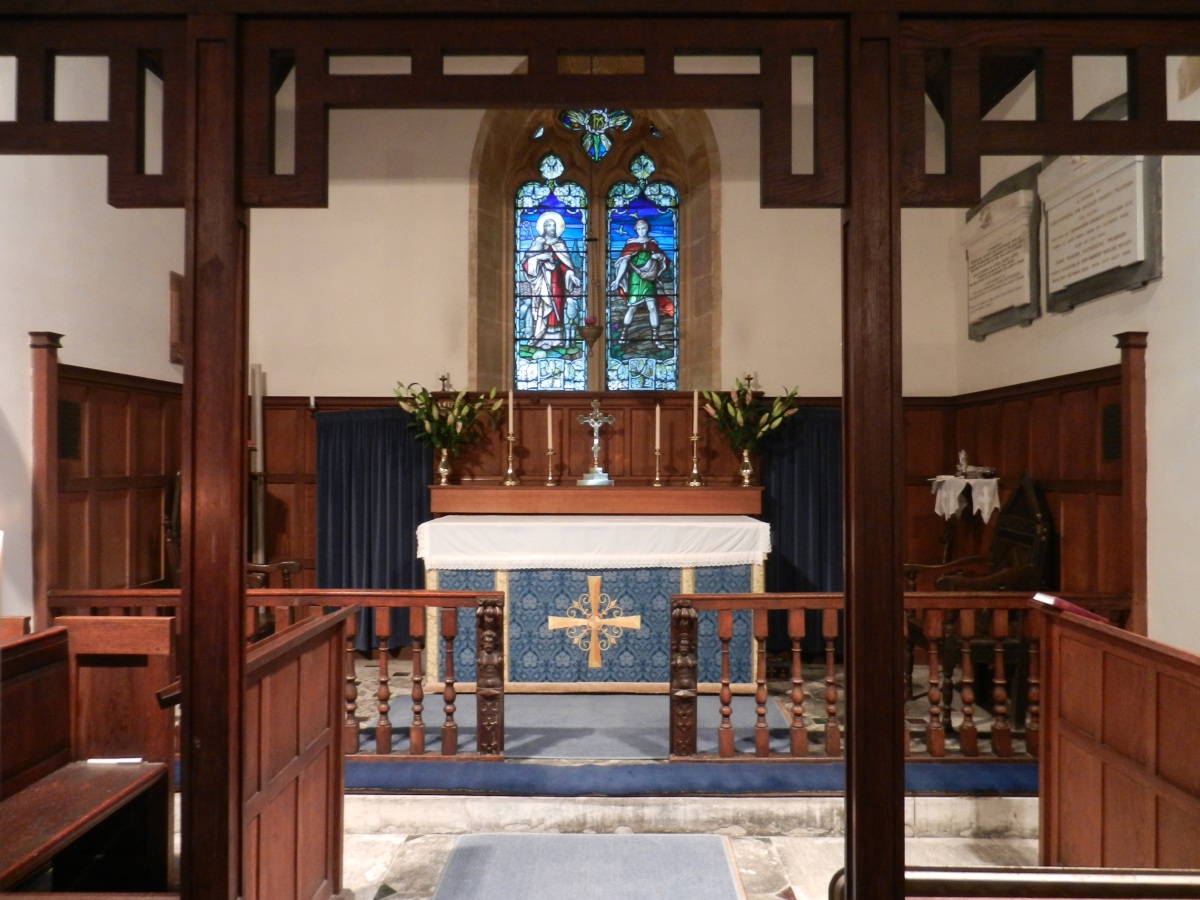Now seems a good time to take up blogging again. It has been far too long – almost three years – since I last posted here.
A good time – because everything feels different at the moment. Because of the restrictions imposed upon us because of the coronavirus Covid-19 our churches are closed, public worship is no longer possible, pastoral ministry as we have traditionally known it is restricted to a remarkable degree. But there is much more than that.
Is there an existential threat to the Christian faith because of these restrictions? (See The Spectator, Will coronavirus hasten the demise of religion – or herald its revival?) It’s probably too early to say, but there are those who have suggested that the Church of England cannot survive the closing of its churches, the suspension of its worship and the stopping of most of the ways in which it interacts with its parishes – no weddings, no baptisms, funerals strictly restricted, no pastoral visiting, no social events, no community service. Except it doesn’t really feel like that.
The response of the churches has been to go online with their worship, something that has been largely well-received by their congregations. A number of churches are live-straming their services, others like the Five Crosses Benefice have chosen to pre-record services which are then broadcast via Youtube or similar platforms. Clergy are trying to strike a balance between what is already familiar to worshippers, used to being in church on Sunday, and using the possibilities that the internet and video-editing software offers them. The services need to feel the same but cannot recreate the experience of worshipping with a congregation. Some of those live-streaming are using live chats on Facebook or Youtube and feeding these into the worship – requests for prayer, greetings of the peace, sharing news or simply trying to replicate the social experience of attending church on a Sunday.
Some people have spoken of the way in which their attention to what is being shared in the online services is heightened. Others who have been unable to get to church due to age or infirmity appreciate being able to access worship from their church in a way that has been denied them until now. And surely, the shared act of receiving the worship thus offered is creating a sense of unity and togetherness that is denied us by the restrictions imposed upon us.
But what of those believers who have no access to the internet? A number of our, mostly (but not exclusively) elderly church members either have no access to these online services or lack the skills to access them with confidence and comfort. The same is true of many who are disadvantaged in our society. Many clergy are printing material and distributing it to those they know who are unable to access the online worship – prayers, reflections on the readings, excerpts from the Sunday worship, news from the parish. We are all asking, Is that really as much as I can do?
And although we may not be able to hold our coffee mornings, or bible study or prayer groups, or lunch clubs or children’s clubs we are still able to minister to our communities in positive ways. Shopping for our isolated neighbours, picking up the phone and chatting with them or saying a prayer. We can still contribute to our local food bank, either by donating food or with a gift of money.
None of this seems truly adequate – but that is, at least, partly because it is not what we’re used to. Comments made suggest that what the churches are doing is welcomed and positively received. It is contributing to a feeling that the churches are still very much alive and that we have not withdrawn because there is nothing we can do.
At the end of all this we should ask ourselves, What did we do that made a difference? What could we continue to do? How have we been renewed and reinvigorated by this experience?
It’s hard to see how at the moment, but the church might be very different after the coronavirus – and that difference might make us better.
